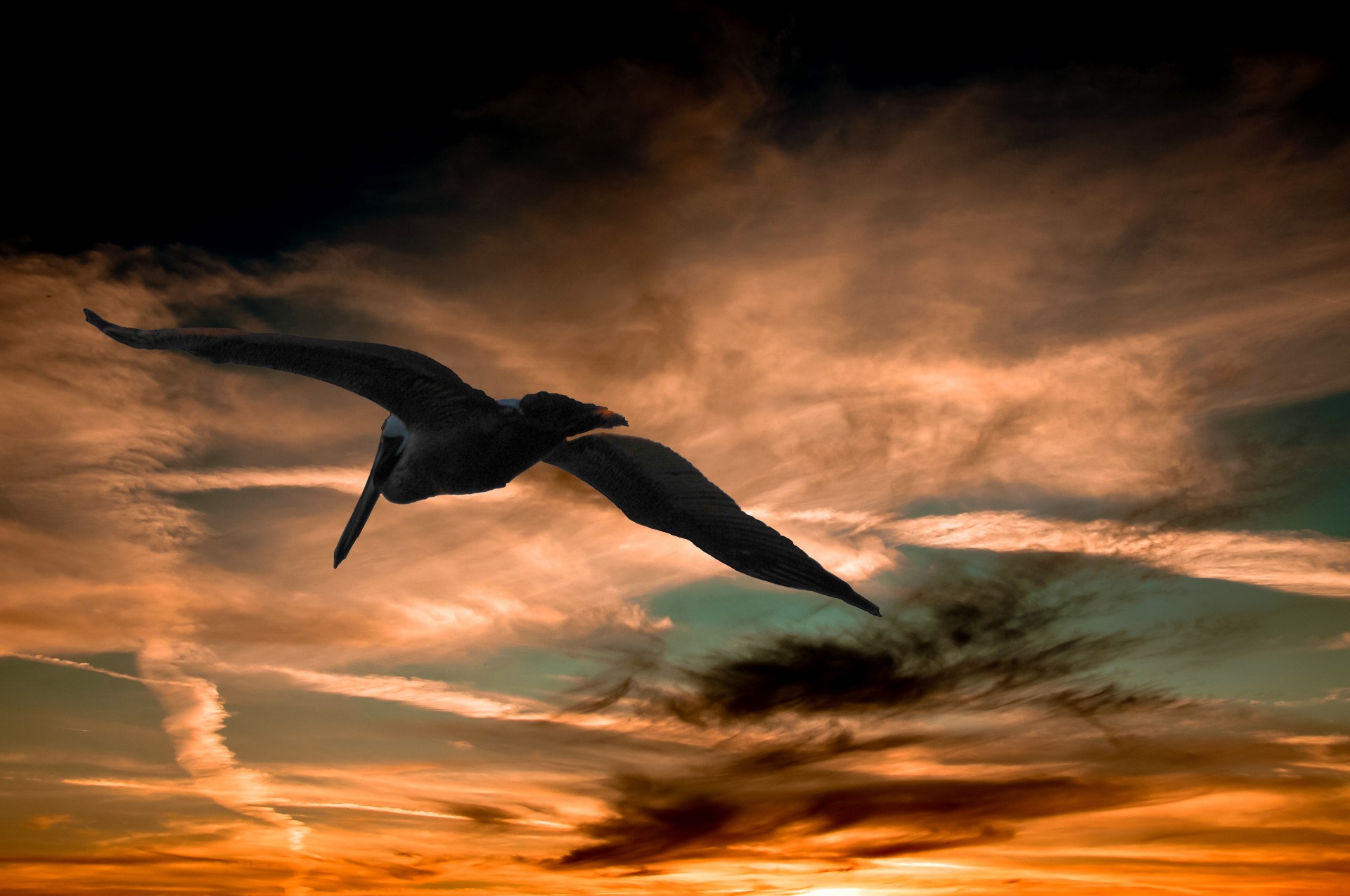Disposable and plastic products

Disposable and plastic products
As we cleared out before we love using plastic and therefor use it every day. Coffee mugs, bottles, straws, make up, plastic bags, razors. We use so much plastic but do not take care of it when we are done using the objects. They are thrown in the street, flushed down the toilet or dumped right into the oceans. Today, there is so much plastic in the oceans that large islands of plastic alone are formed. The products we are using every day is called disposable products and they are a big problem. They might be small objects in our hands however out in the oceans they're causing a big catastroph.
Disposable articles are products made for single use which after are thrown away. The products are often made from plastic, cotton or paper. Some example of disposable articles is coffee cups, plastic spoons, forks and knives, plastic straws, plastic bags, make up, bottles, razors, toothbrushes, contact lenses and more products that we use daily.
Maybe you did not know that globally every year 100 000 mammals die due to plastic and the products that we use every day. Whales, dolphins, turtles, seals, sea lions and many more are killed as a result of our irresponsible use of plastic. Turtles mistake floating plastic bags for the jellyfish which they usually eat and then since their bodies are unable to decompose the plastic which stays in their stomach, they later starve to death. And that's the same with birds and other animals in the oceans. They mistake the plastic for food and then it gets stuck in their stomach and therefore eventually die from starvation.
The plastic is not only dangerous inside of the animals if they eat it. They don't have to eat plastic to die from it. They can drown due of it, get hurt by a long period of time that eventually leads to death because of the injuries. Seals get plastic bags over their heads which leads to drowning, animals cut themselves or gets big wounds from plastic bottles that are broke and cups that you use to drink coffee from so they bleed to death. Straws get stuck in turtles' noses which harm them and sadly the list can continue for a long time.

However some people might say " I haven't noticed this at all, I don't think it is a problem for me and I think that we should continue as we do now. It will cost a lot of money and time changing the way we live now.
If we are going to continue in the rate we are going now with our use in plastic and disposable products, by year 2050 there will be more plastic in the oceans than fish and animals. Today the ocean is already filled with 165 million tons of plastic which is 25 times heavier than the Great Pyramid of Giza. "By 2050, plastic in the oceans will outweigh fish, predicts a report from the Ellen MacArthur Foundation, in partnership with the World Economic Forum." writes Business insider, 2017. We will lose our marine life. All the beautiful colorful coral reef and all animals. The oceans will be filled with plastic and nothing else. Is that a future you want for your children or grandchildren?
Yes, many of the products that we use are cheap and simple, but we must do something about the problem. We should recycle more products than only plastic bottles and cut down on things that we maybe are not in need of, as plastic straws at McDonalds or other places. Most people can drink normally from a cup, we don't need straws.
In conclusion of this text I would like you to think about your future children and grandchildren and how you want them to live and what opportunities you want to give them. Your actions and how you decide to treat the nature won't affect you. But your children and their children will be forced to take the consequences of your actions. With that on your mind please be careful of what you buy and what you are doing with the plastic when you are done. Think about your children's future. Because right now, you are stealing it.
Alva Ekvall
WWF. 2018. Plastic in our oceans is killing marine mammals. https://www.wwf.org.au/news/blogs/plastic-in-our-oceans-is-killing-marine-mammals#gs.zn3sr2 (found 2020-03-19)
Busnisse insider. Rebecca Harrington. 2017. By 2050 the oceans could have more plastic than fish. https://www.businessinsider.com/plastic-in-ocean-outweighs-fish-evidence-report-2017-1?r=US&IR=T (found 2020-03-23)
